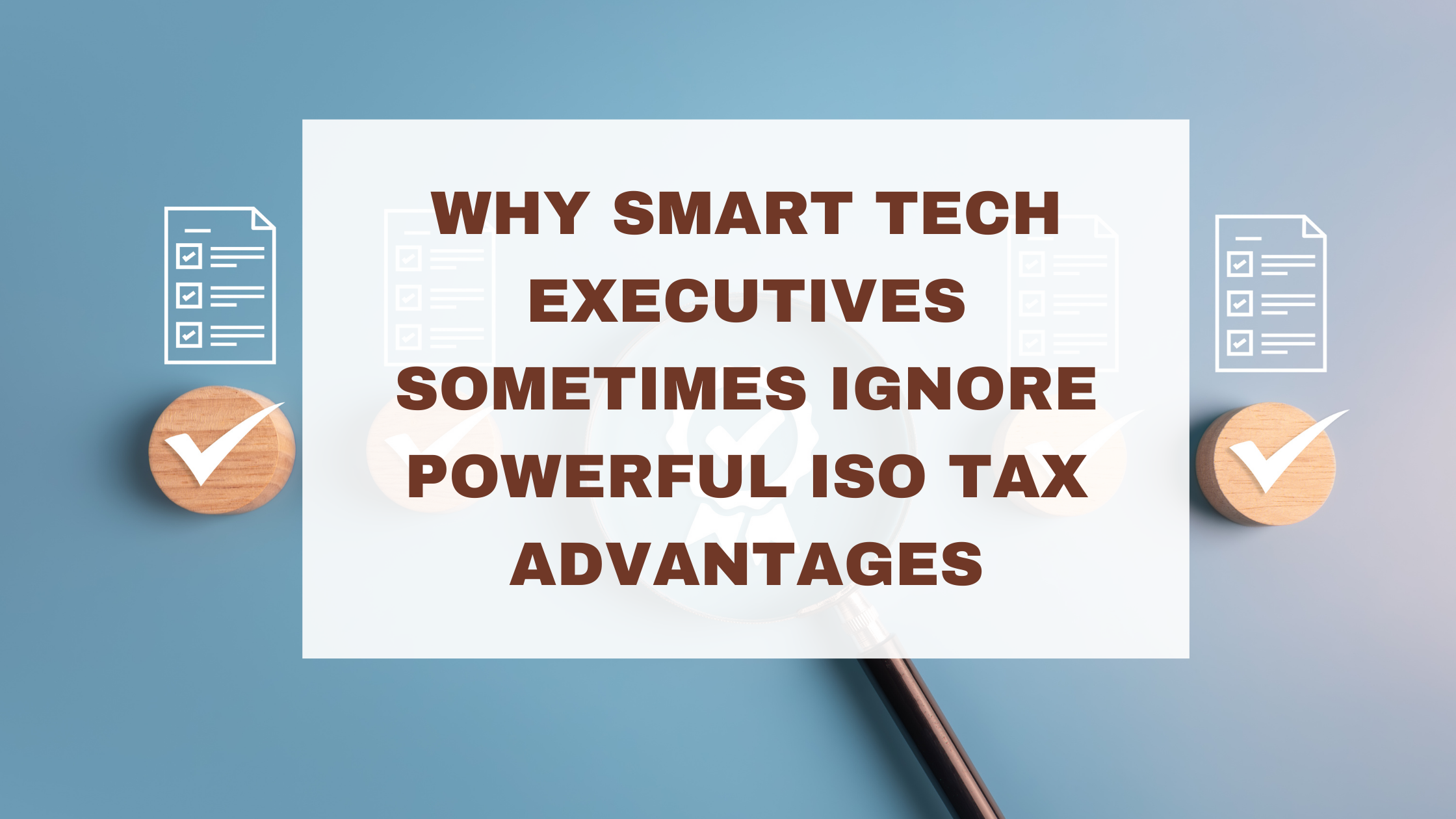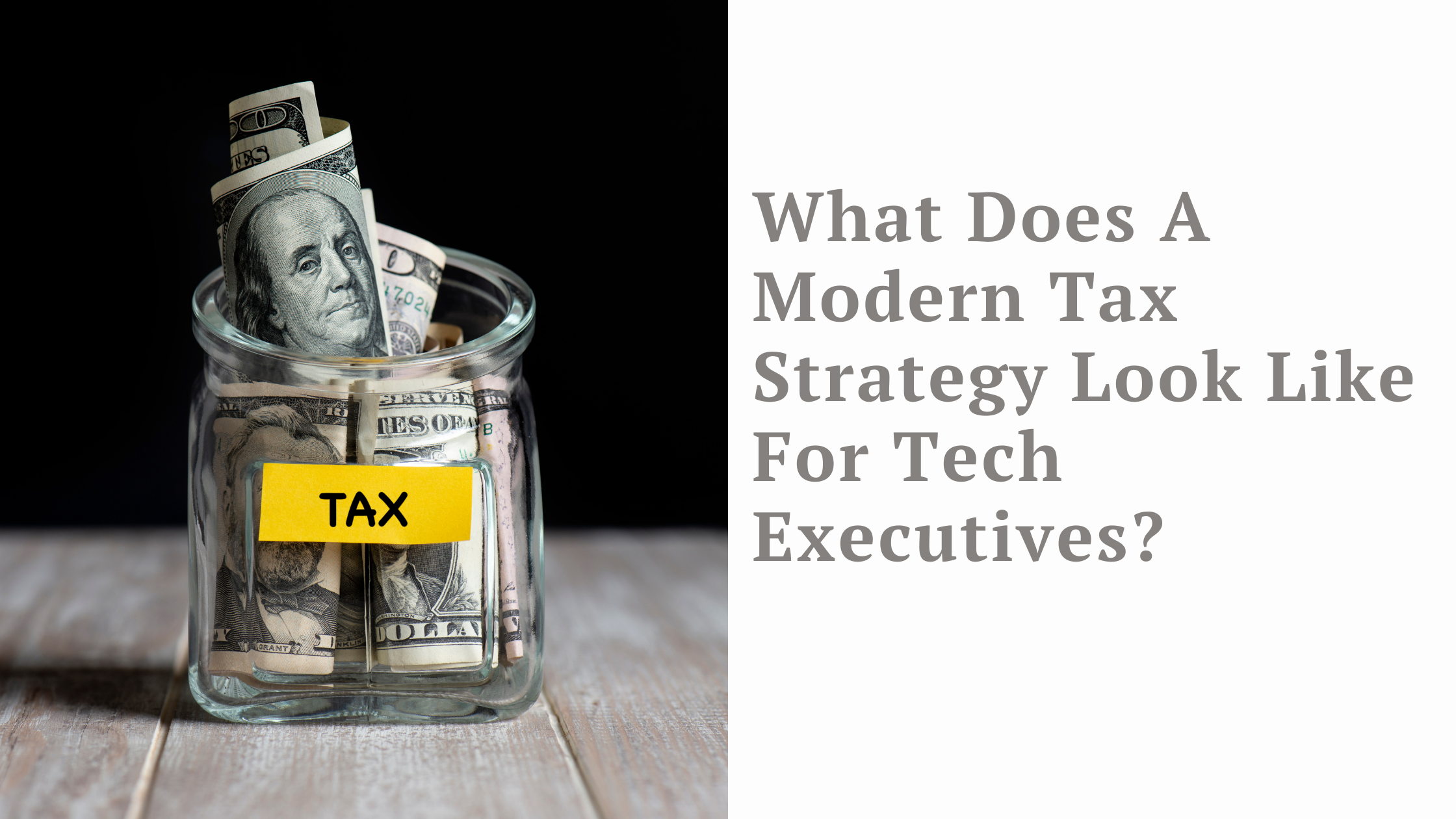How Can Tech Professionals Create a Comprehensive Financial Plan?
True Root Financial is a fee only financial advisor and financial planner based in San Francisco, CA. We serve clients across the globe.
In San Francisco’s fast-paced tech world, your career can take you from stock-option rookie to RSU millionaire faster than you expect. But with sudden income jumps, complex equity compensation, and California’s high taxes, managing your finances can feel like debugging code at midnight, challenging, time-consuming, and risky if you make the wrong move.
If you are a tech professional interested in learning how we can help you claim your financial independence by investing wisely, minimizing taxes, and maximizing your equity compensation, please book a no-obligation call here.
Key Takeaways
- Your plan should start with a clear tech career timeline, including vesting dates and possible career pivots
- Separate and strategically deploy windfall income from bonuses and equity sales
- Treat equity compensation as an asset class with its own diversification and tax rules
- Use California-specific tax strategies to keep more of what you earn.
A comprehensive financial plan is your blueprint for balancing today’s rewards with tomorrow’s goals. And for tech professionals, it’s not about following generic advice but it’s about building a strategy that fits your industry, your compensation structure, and your lifestyle.
Here’s how you can create one:
1. Start With Your “Tech Timeline”
Your career path in tech doesn’t always look like a smooth staircase; it’s often full of jumps, pauses, and pivots.
- Know your vesting schedule: Map out when your RSUs, stock options, or ESPP shares will vest.
- Plan for career moves: A job change may trigger accelerated vesting or leave unvested shares behind.
- Factor in burnout or sabbaticals: Tech professionals often take breaks; build them into your cash flow plan.
Think of this as creating a project roadmap: you can’t plan your finances without knowing the major milestones ahead.
2. Define Your “Why”
Comprehensive planning is about designing a life you actually want, not just hitting an arbitrary number. Ask yourself:
- Do I want to retire early or take mini-retirements?
- Is owning a home in the Bay Area part of my plan?
- Do I want to start my own company?
- How much travel, family time, or philanthropy matters to me?
These answers will drive every money decision going forward.
3. Build a Cash Flow System That Handles Variable Income
Your salary might be steady, but bonuses, RSU sales, and stock option exercises can make your income spike unpredictably.
- Separate base income from windfalls: Cover daily expenses with your base pay and direct bonuses/equity proceeds toward investments or big goals.
- Automate savings during high-income years: Max out retirement accounts early in the year when income is high.
- Plan for tax withholding gaps: RSU taxes are often under-withheld so avoid April surprises by setting aside extra in a high-yield savings account.
In tech, cash flow planning is less about budgeting lattes and more about mastering income volatility.
4. Treat Equity Compensation Like a Strategic Asset
For tech professionals, RSUs, stock options, and ESPPs are often the largest part of net worth — but also the most misunderstood.
- Avoid overconcentration: Keep no more than 10–15% of your portfolio in your company’s stock.
- Sell with a purpose: Link sales to funding goals (buying a home, building your retirement portfolio) rather than holding indefinitely out of loyalty.
- Mind the tax impact: Coordinate sales with other income to avoid being pushed into a higher tax bracket.
Your equity is not just a paycheck in disguise; it’s an investment that needs diversification and tax planning.
5. Layer in California-Specific Tax Strategies
Living and working in the Bay Area means facing some of the highest tax rates in the country. Your plan should include:
- Timing RSU sales for optimal tax years, for example, pairing with charitable donations or deductible expenses.
- Exploring donor-advised funds for concentrated stock donations to offset high-income years.
- Maximizing tax-advantaged accounts, including HSA contributions if available, even if healthcare coverage is through a spouse’s plan.
Your CPA files your return; your plan determines the numbers on it.
6. Align Investments With Career and Lifestyle Goals
Tech careers can be high-reward but unpredictable. Investments should reflect that reality.
- Balance growth and stability: Use your salary to fund aggressive growth investments while keeping an emergency buffer in cash or short-term bonds.
- Plan for liquidity needs: Big life goals like buying in San Francisco’s competitive housing market require accessible funds, not just long-term investments.
- Avoid emotional investing: Tech stocks can be volatile, and your portfolio should be built to handle downturns without panic selling.
The goal isn’t to chase every hot stock; it’s to make sure your portfolio supports your life, not the other way around.
7. Protect Your Income and Assets
The same drive that fuels tech success often makes professionals overlook risk management.
- Supplement employer disability coverage; most company plans only cover a portion of your salary, not bonuses or equity.
- Get umbrella liability insurance if your growing assets make you a bigger legal target.
- Update estate planning documents as your wealth increases, especially if you have dependents or own property.
Your financial plan isn’t complete until it also protects against worst-case scenarios.
8. Address Debt Strategically
Even high earners carry debt such as student loans, jumbo mortgages, and car loans. Decide whether to:
- Pay it off aggressively
- Refinance for a lower rate
- Balance debt payoff with investing
The right approach depends on your goals, interest rates, and risk tolerance.
9. Keep Updating as Your Career Evolves
A comprehensive plan is never “set and forget.” For tech professionals, that’s especially true.
- Review annually: Especially after big income changes, promotions, or equity events
- Stress-test for market downturns: To see how RSU-heavy portfolios might behave
- Work with a Fee-Only Financial Advisor: Look for those experienced with tech clients in California.
Your finances should adapt as quickly as your career.
Your Next Steps
If you’re a tech professional in San Francisco, comprehensive financial planning isn’t a luxury; it’s your competitive advantage. The earlier you integrate your career path, equity compensation, and tax strategy into one plan, the more freedom you’ll have to take risks, seize opportunities, and live life on your terms. Do you need more than a standard plan designed for the tech world? Book a call below:









Leave a Reply
Want to join the discussion?Feel free to contribute!